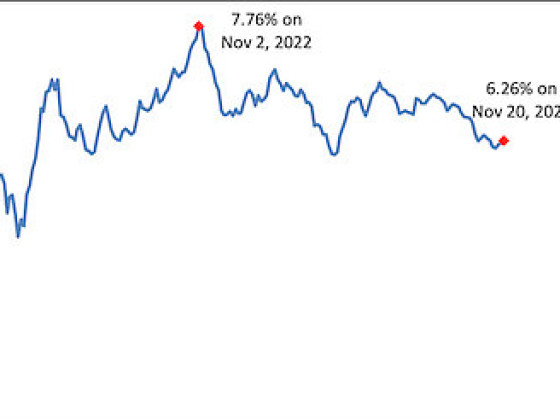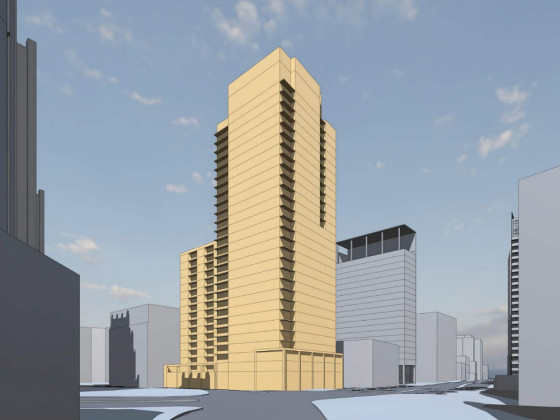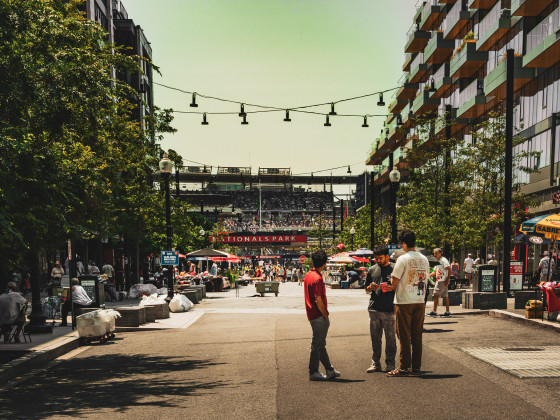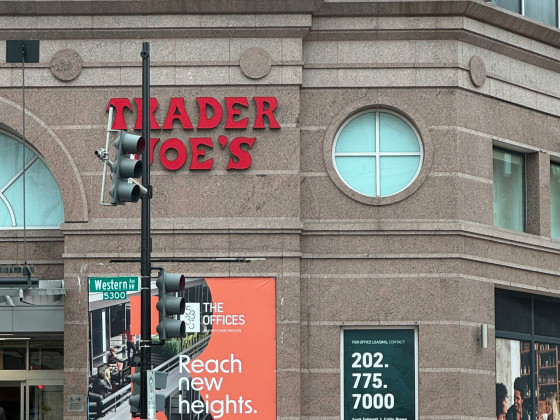 How to Avoid a Rowhouse Collapse
How to Avoid a Rowhouse Collapse
✉️ Want to forward this article? Click here.
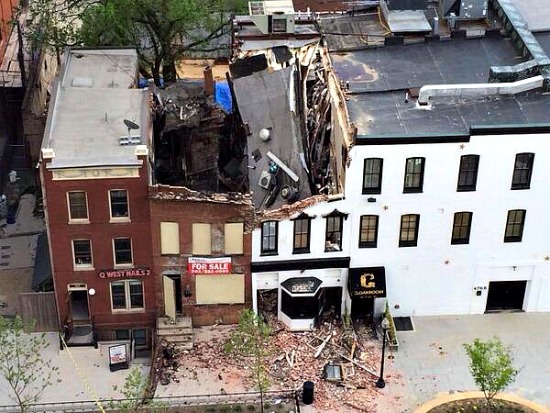
After buildings collapsed on K Street earlier this month, UrbanTurf decided to look into how to avoid those kinds of catastrophes in your own home. We talked to Cliff Kornegay, from Capitol Hill Home Inspection, who gave us some insights into how city properties are vulnerable to collapse, and what kinds of steps homeowners can take to prevent a collapse from happening.
A home inspector and a structural engineer can give you tips on how to make a structurally unsound home safe or just make sure your home doesn’t suffer damage from nearby development. Kornegay told us his company has recently received several calls about structural concerns from property owners in NoMa, where lots of large-scale development has taken place in recent years. He also fields calls from people turning adjacent property into condos. The kind of earth movement from that type of development can create problems, especially for a house that wasn’t built with 21st-century building standards in mind.
When examining the structural integrity of a home, inspectors look for cracks, uneven foundation settling, stair-step cracks, mortar issues, moisture infiltration and other visible property problems, Kornegay said. He noted that collapses were quite rare in DC.
“We don’t hear about a house collapse very often, unless there’s some construction involved,” Kornegay said.
Here’s a bit more about structural issues, why they occur and how to handle or preempt them:
- Nearby development can be a good reason to call up an inspector and if necessary, the property’s developer. The amount of earth moved for large developments can cause problems, especially for people living in old or ill-constructed homes.
- Many DC properties are built on inadequate foundations or on soil that isn’t ideal for building.
- Sometimes engineers can install monitoring equipment that will let you know if your home is vulnerable to structural issues from nearby construction.
- Underpinning a foundation can be a good solution to the problems mentioned above, but it is critical to get it done right. An improperly completed underpinning can sometimes be another vehicle for collapse, Kornegay said.
Photo: Twitter/@MichelleScharf
Similar Posts:
- First-Timer Primer: The Escalation Clause
- First-Timer Primer: Maryland’s Home Buyer Assistance Programs
- First-Timer Primer: DC’s Home Buyer Assistance Programs
- First-Timer Primer: When Is an ARM Better Than a Fixed-Rate Mortgage?
- First-Timer Primer: What Is the Right of First Refusal?
- First-Timer Primer: What is a Rent Back?
- First-Timer Primer: Is This Condo Building Financially Healthy?
- First-Time Primer: Obtaining a Basic Business License For Your Rental
- First-Timer Primer: A Condo Fee Tutorial
- First-Timer Primer: Interest Rates and Mortgage Points
- First Timer Primer: The Splitting the Rent Formula
- First Timer Primer: Tax Relief for DC Homeowners
- First Timer Primer: How Do Mortgage Payments Work?
- First Timer Primer: How Much Cash Do You Need to Buy a House?
- First-Timer Primer: The Mortgage Pre-Approval Process
- How a $100 Mistake Can Sink Your Credit Score
See other articles related to: collapse, engineering, inspection
This article originally published at http://dc.urbanturf.production.logicbrush.com/articles/blog/how_to_avoid_a_rowhouse_collapse/8479.
Most Popular... This Week • Last 30 Days • Ever
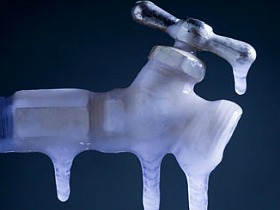
With frigid weather hitting the region, these tips are important for homeowners to ke... read »
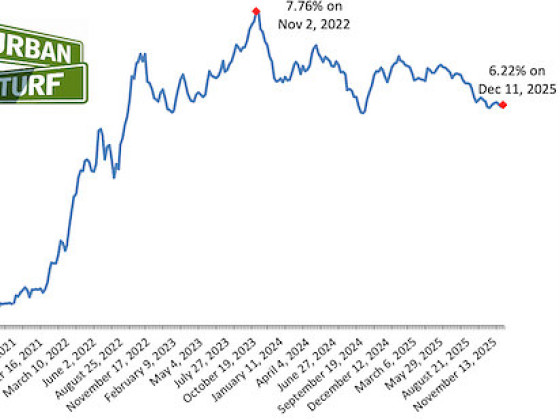
Today, UrbanTurf offers a brief explanation of what it means to lock in an interest r... read »
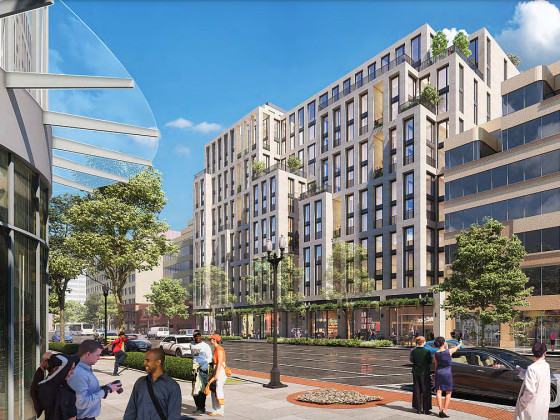
An application extending approval of Friendship Center, a 310-unit development along ... read »
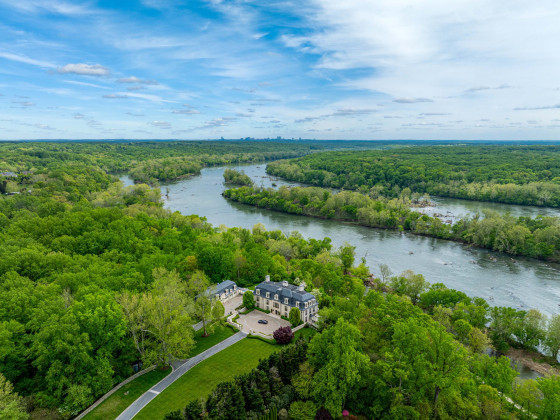
The 30,000 square-foot home along the Potomac River sold at auction on Thursday night... read »

The number of neighborhoods in DC where the median home price hit or exceeded $1 mill... read »
DC Real Estate Guides
Short guides to navigating the DC-area real estate market
We've collected all our helpful guides for buying, selling and renting in and around Washington, DC in one place. Start browsing below!
First-Timer Primers
Intro guides for first-time home buyers
Unique Spaces
Awesome and unusual real estate from across the DC Metro







